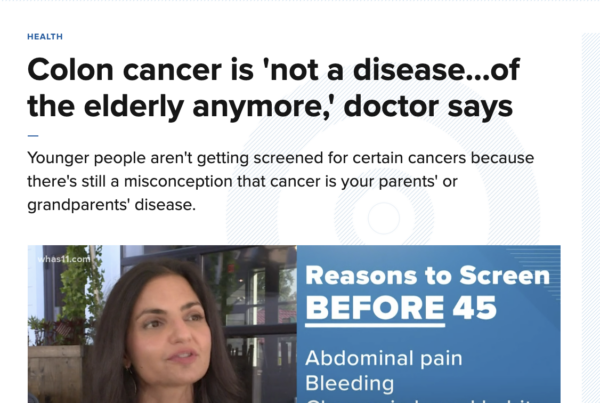
Identifying Different Types of Colorectal Polyps
September 30, 2021
Identifying Different Types of Colorectal Polyps
What Are Polyps? Polyps are small growths of abnormal tissue, found projecting from the inner…




Recent Comments